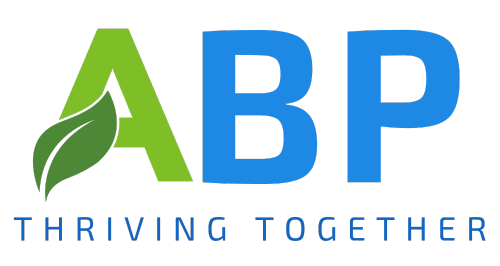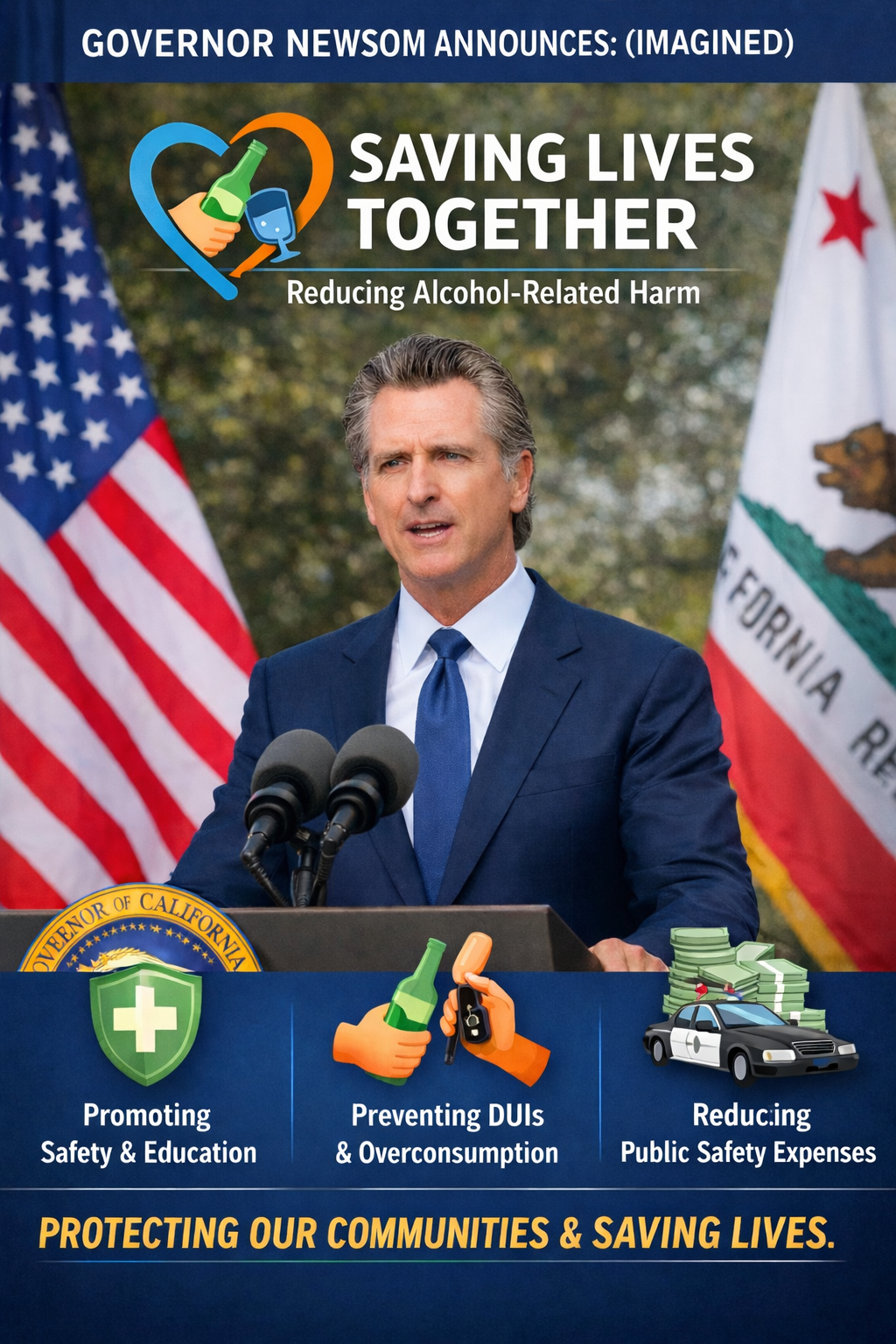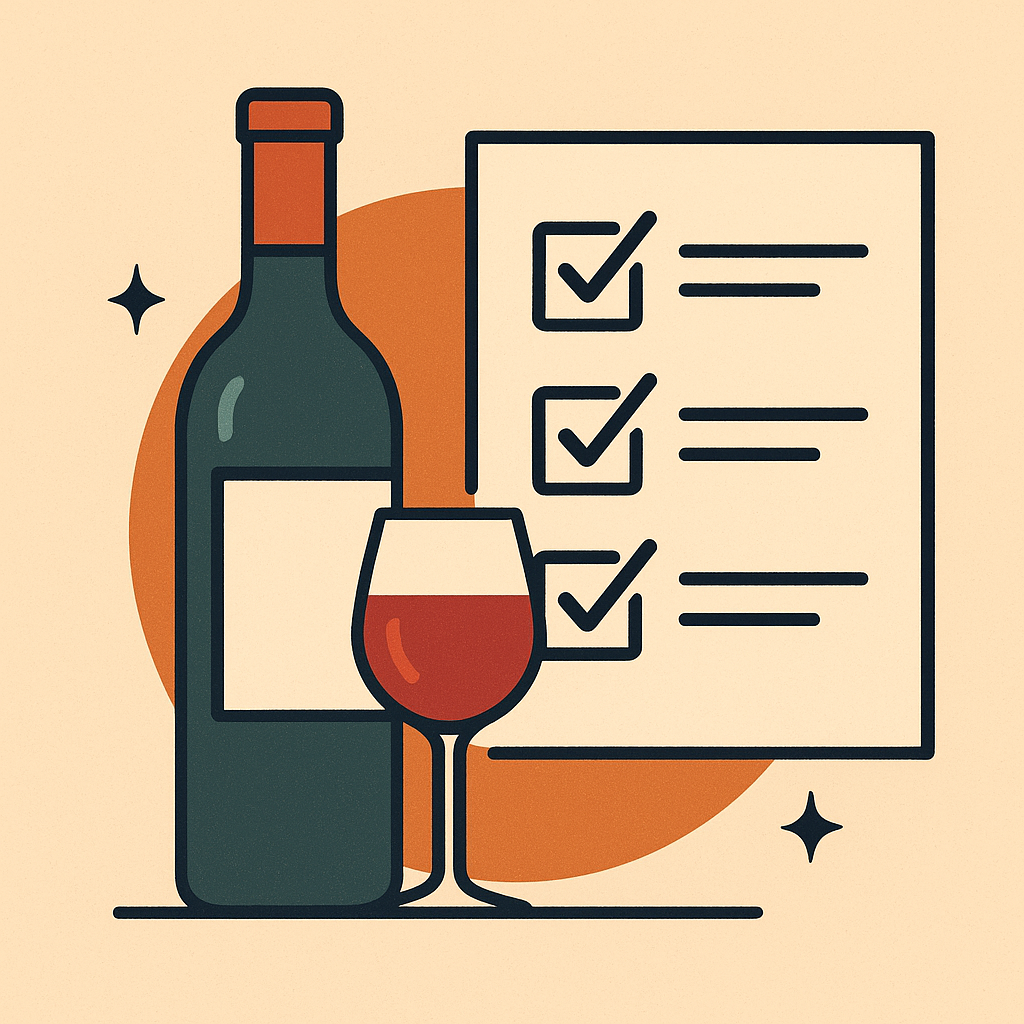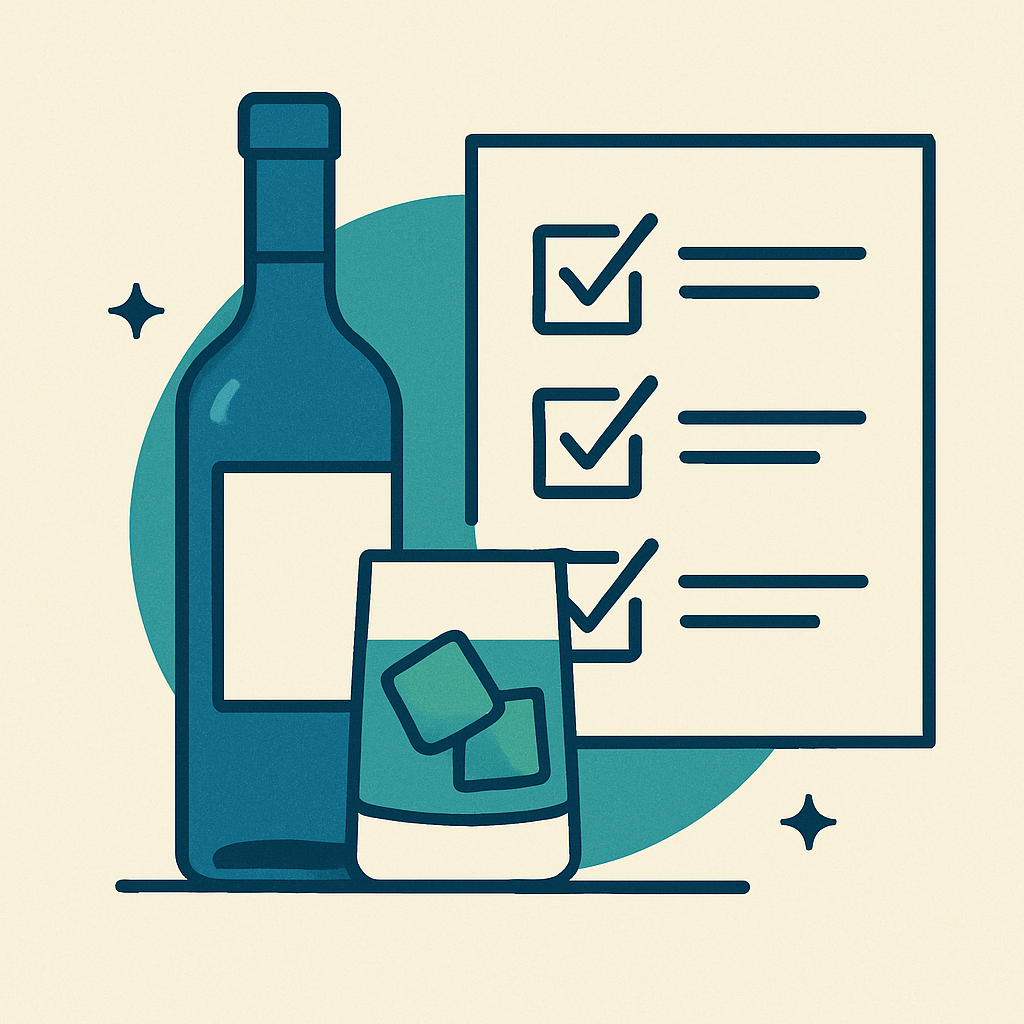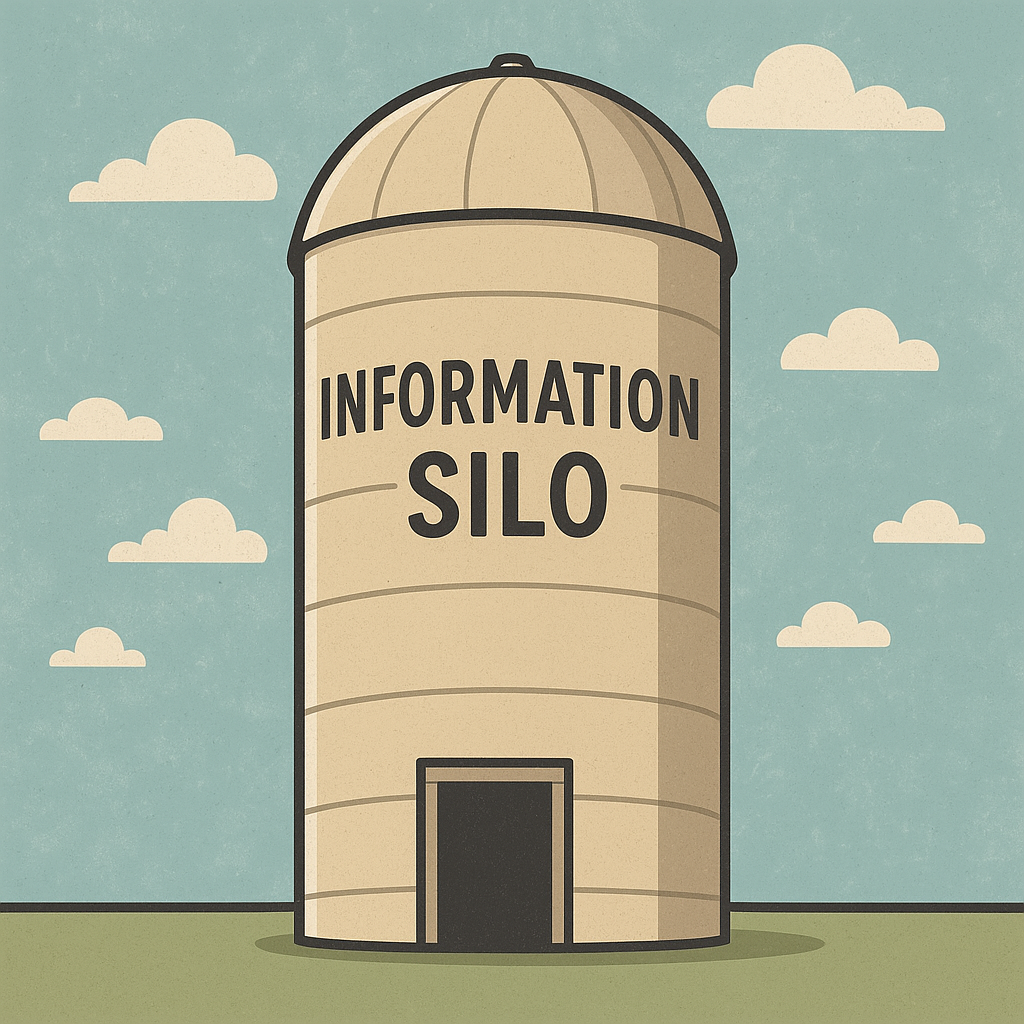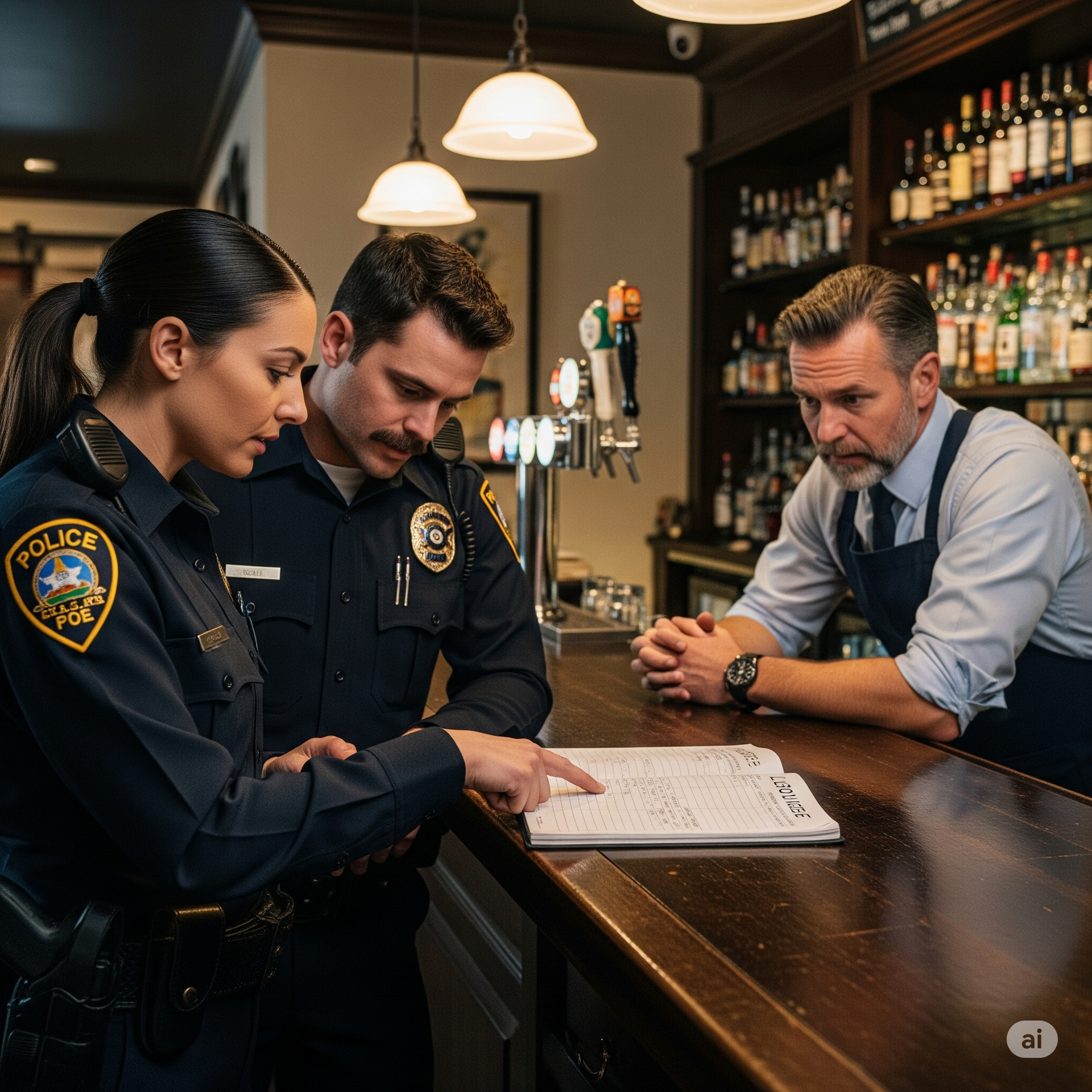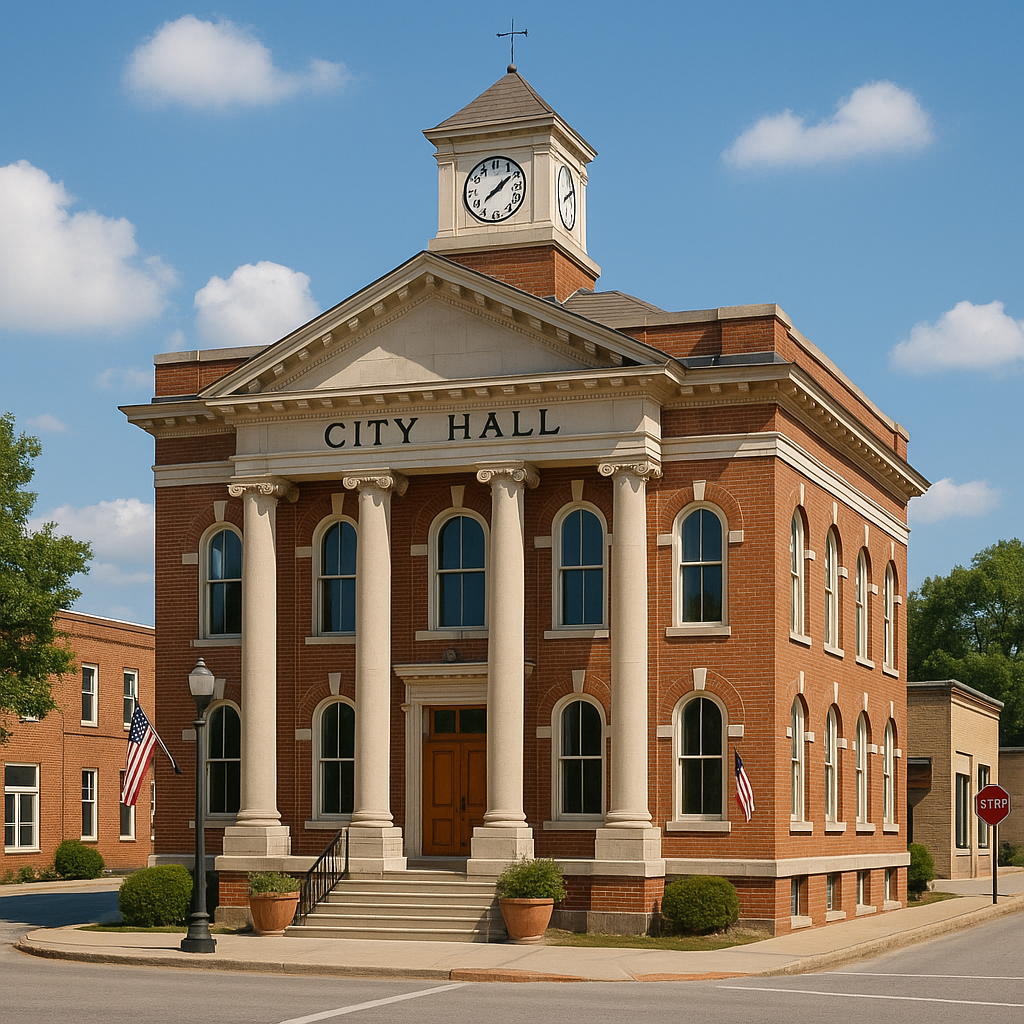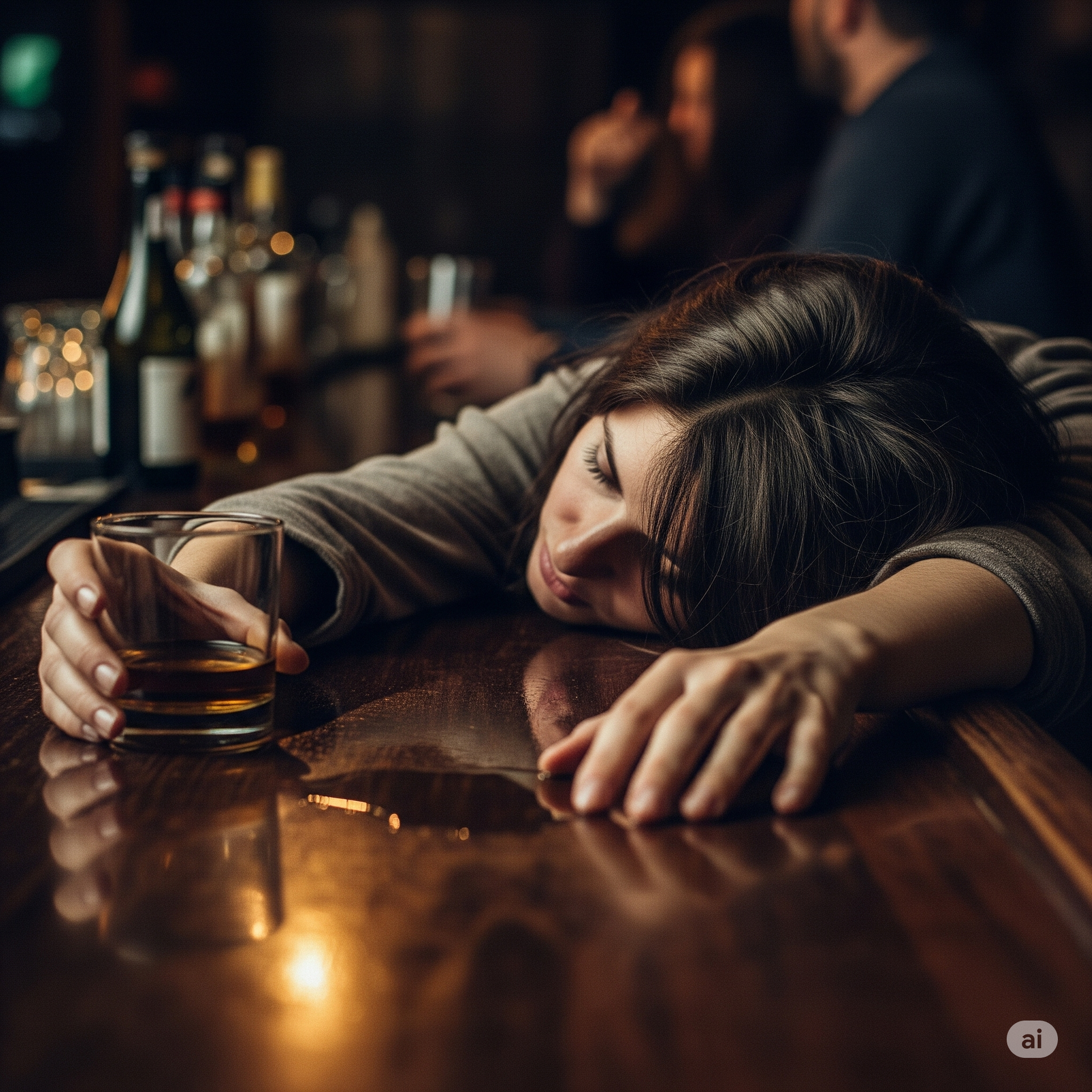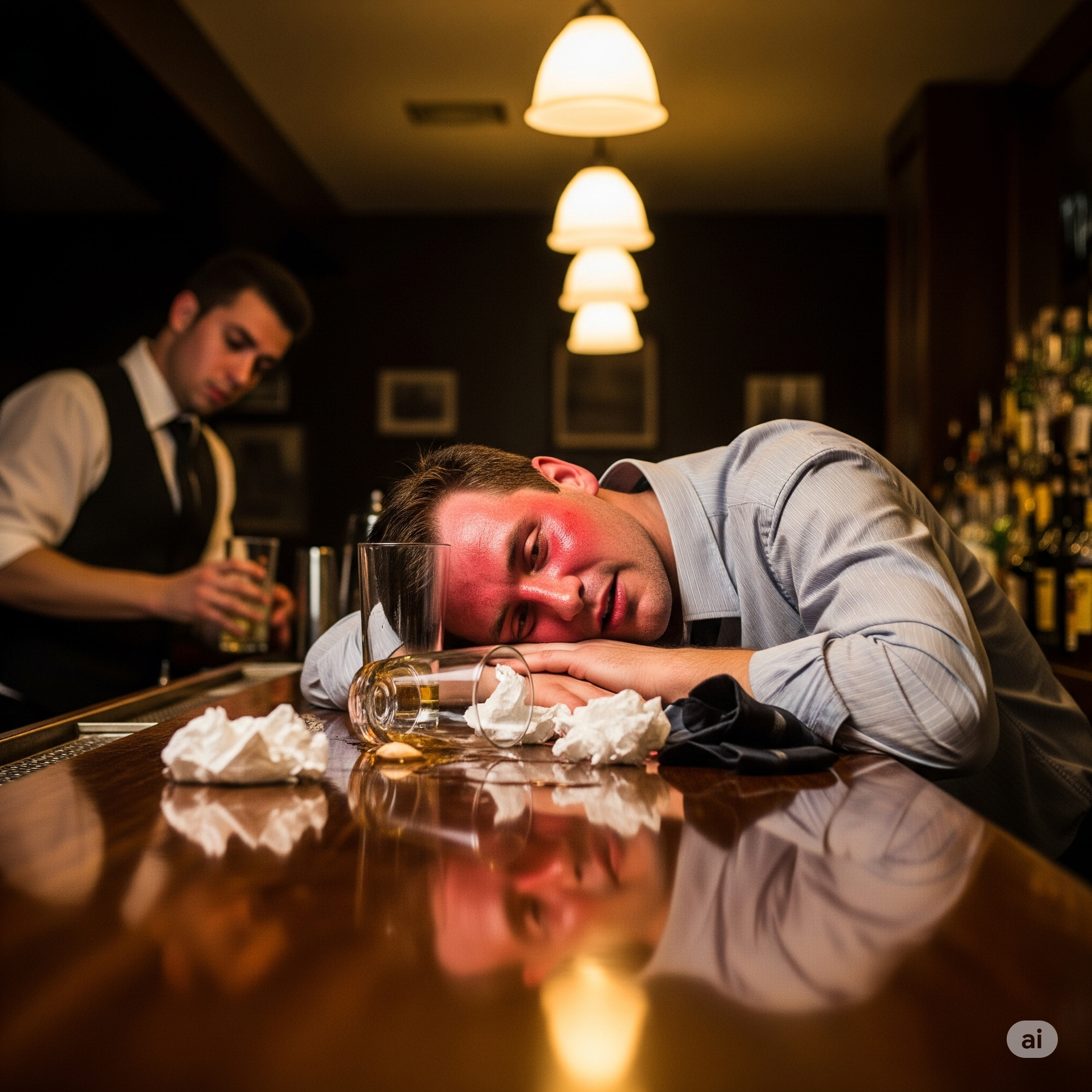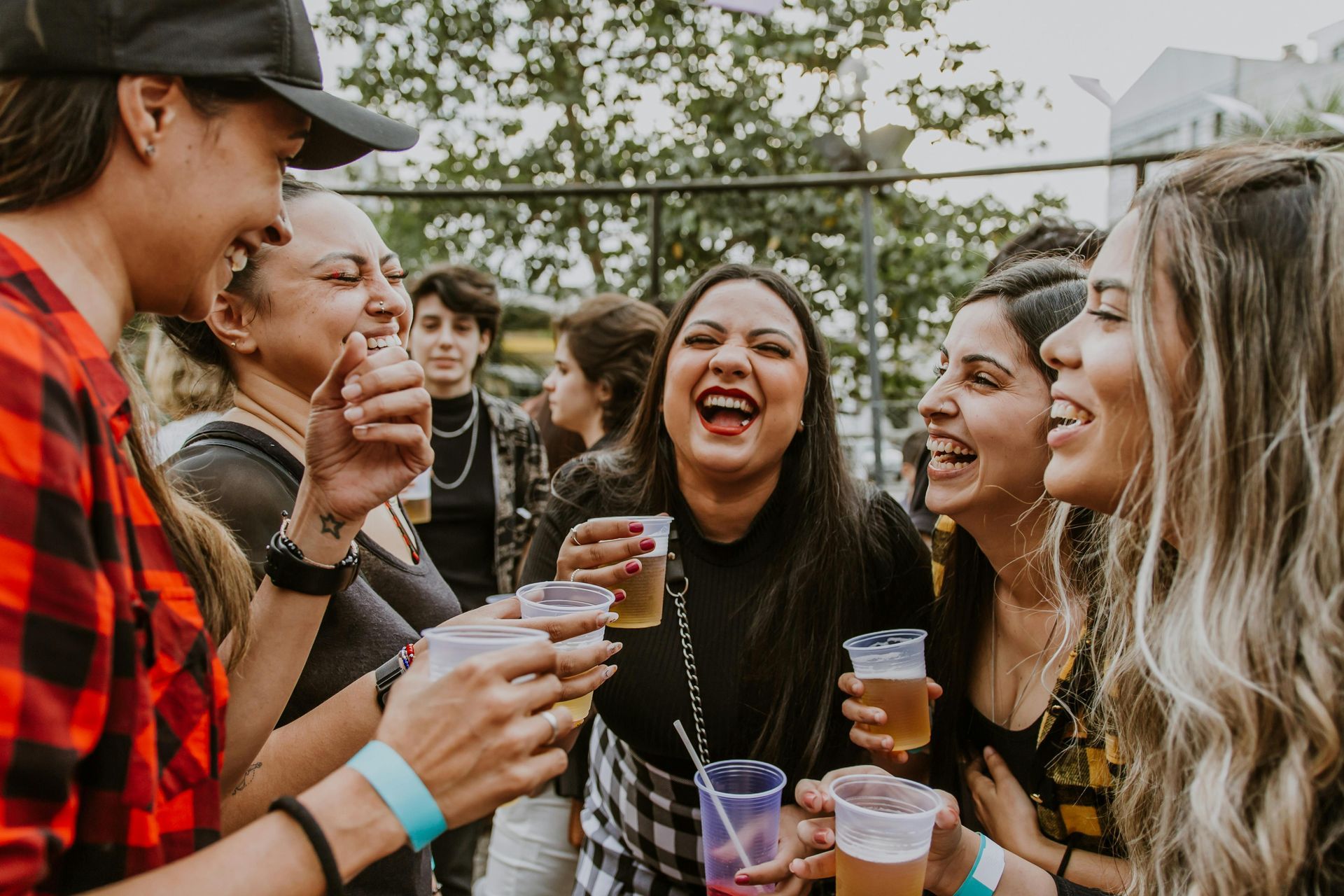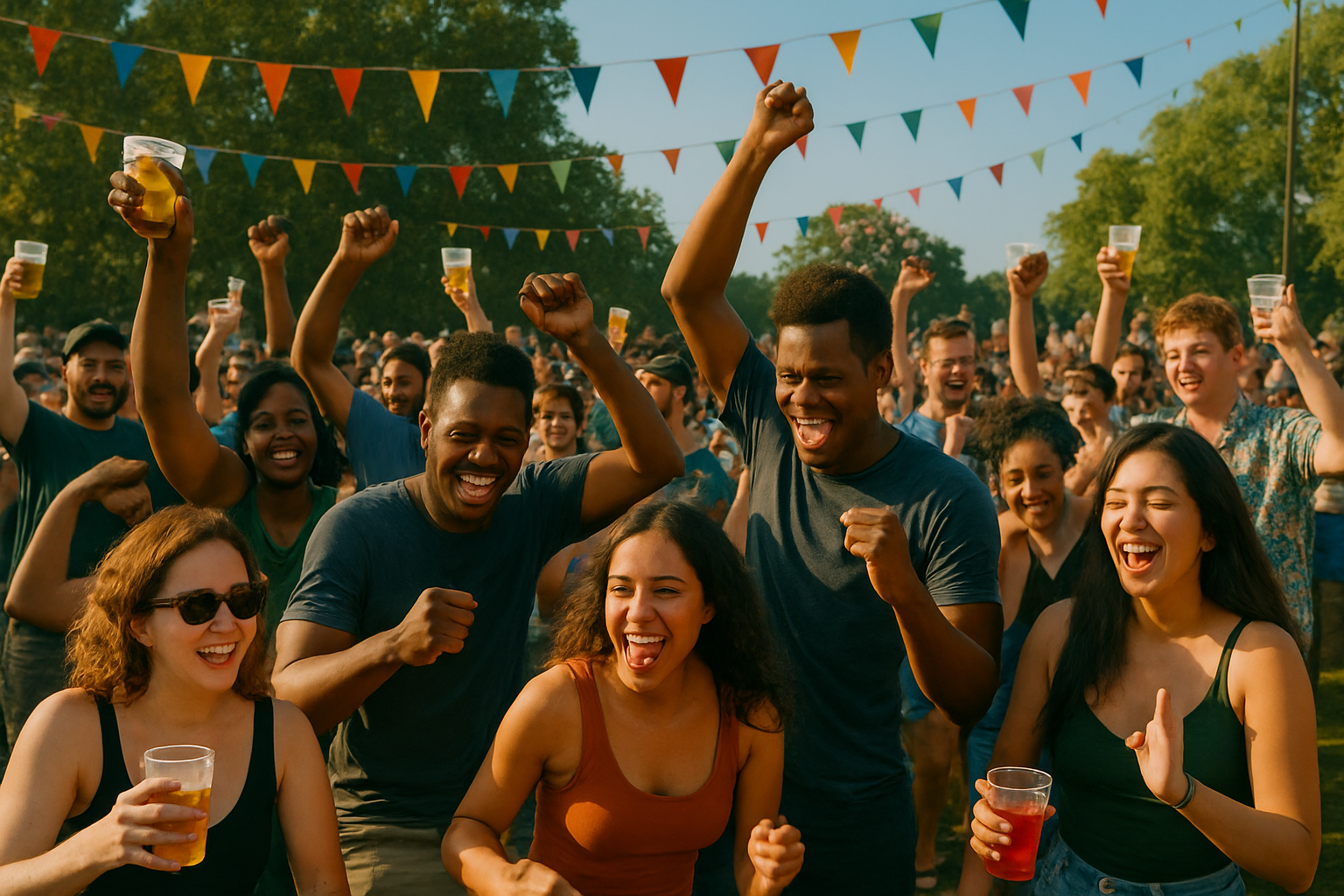How the CA Alcoholic Beverage Control Can Influence Cut-Offs
(Part of the “Drunk, Drunker, and High-Risk Drunkenness” series)
Prior Insight Recap
- It is illegal to serve alcohol to someone who is obviously intoxicated.
- Businesses can remain profitable by serving only customers who are not obviously intoxicated.
- Hospitality staff members report that most obviously intoxicated customers are not cut off.
- Studies show that only 3% to 17.5% of obviously intoxicated customers are cut off.
Short on Time? Skip to the Recap Below!
Why Isn’t the Law Being Enforced?
I’ve struggled to keep my emotions in check while writing this. Every day, my Google alerts bring news of yet another DUI tragedy in California.
Place-of-last-drink studies consistently show that about half of DUI tragedies involve drivers who had just left an ABC-licensed alcohol business.
Yet, it is rare—and that’s being generous—for the California Department of Alcoholic Beverage Control (ABC) to enforce the law against serving an obviously intoxicated customer. This law constitutes a criminal offense applicable to servers and sellers at both on-sale and off-sale establishments. Business operators face a separate administrative accusation against their ABC license.
- While researching my book, A Business Approach to Reducing Drunk Driving, I found that in 2011, Orange County’s 6,000+ licensed businesses had received zero ABC accusations for this offense.
- Has it improved? No.
- According to ABC’s most recent annual report (year ending June 30, 2025), it filed only six accusations for this violation across more than 94,000 licensed businesses statewide.
- Meanwhile, ABC says that excessive alcohol consumption costs the state's economy $35 billion annually.
A National Highway Traffic Safety Administration (NHTSA) study[1] on sales to intoxicated people (“SIP”) in Louisiana, California, and New Mexico found that "The single most notable finding from the qualitative enforcement research is that SIP enforcement is relatively rare."
The study's key findings for California's SIP enforcement included these statements:
"Weak enforcement of SIP laws results primarily from lack of sufficient resources to cover the costs of proactive investigations. Agency resources are geared primarily to the State's underage drinking laws."
"The [State and local law enforcement] authorities consulted for this case study were in agreement that SIP violations in California are a problem that merits greater attention from policymakers and enforcement administrators. . . . they recognized that the chief barrier to enforcement was lack of financial resources and, perhaps, lack of understanding about the relationship of sales to intoxicated people and crime."
In a recent email to me,[2] former California ABC official Lauren Tyson wrote:
“The NHTSA study findings for California ring true. ABC has always considered ‘service to obvious intox’ violations as one of its highest priorities. However, enforcement operations by ABC agents are, and always have been, complaint-driven. And most of the complaints to ABC tend to be about the service of alcohol to minors."
“A 1991 study by McKnight (1991) found that it took 1.5 hours of observation for officers to witness a request for alcohol service by an intoxicated person. However, in my experience at the ABC in the 1980s, we filed numerous accusations against bars based on investigations made by the LAPD, where officers made their observations of a drunk over only a 20- to 30-minute time frame. During the ABC-conducted investigations, our observations did not take 1.5 hours. In any case, an officer or investigator must observe the patron's outward signs and symptoms of intoxication and note that the server saw, or had the opportunity to see, those manifestations before serving the drink. And the person doesn’t have to be falling-down drunk to be considered obviously intoxicated.”
"I'm certain that with greater awareness of hospitality practices on the lack of cut-offs, the benefits of SIP enforcement, and an earnest commitment, ABC leadership can overcome any obstacles to SIP enforcement."
Not enforcing the service-to-obviously-intoxicated persons law is costing lives, whereas enforcement benefits businesses. When management focuses on the unpleasant task of performing cut-offs, the business reaps financial rewards.
How Cut-Offs Financially Benefit Businesses
Cutting off obviously intoxicated customers isn’t just the right thing to do—it’s smart business. Cut-offs help establishments by:
- Reducing fights and disruptions that drive away customers and harm revenue
- These incidents often trigger negative social media posts and poor online ratings, which studies show can directly impact sales and lawsuits.
- Preventing costly liability claims that can bankrupt a business
- Reducing walkouts (customers leaving without paying)
- Reducing chargebacks (customers reversing a charge on their credit card)
- Limiting property damage caused by highly intoxicated patrons
Most importantly, cut-offs protect public safety by:
- Reducing DUI-related fatalities and injuries
- Reducing sexual assaults
- Reducing violence inside alcohol businesses
They also save cities money by reducing calls for service related to:
- Noise complaints from nearby residents
- Fights and medical emergencies in or around alcohol establishments
The Most Effective Way to Increase Cut-Offs
The single most effective way to increase cut-offs is for the ABC to enforce the law against serving alcohol to obviously intoxicated customers.
There is no faster or more effective way to reduce alcohol-related harm than by preventing customers from reaching high-risk intoxication (.15% BAC or greater).
Innovative strategies exist that help reduce high-risk intoxication and increase cut-offs—and we’ll explore them in future posts—but the quickest and most powerful impact comes from enforcing existing law.
What the Studies and Experience Show
- McKnight & Streff study: Enforcement increased cut-off rates from 17.5% to 54.3% (later stabilizing at 41%) and reduced the share of arrested drunk drivers coming from bars/restaurants from 31.7% to 23.3%.
- McKnight study: On average, it took 1.5 hours of observation “to witness a request for alcohol service by an intoxicated patron.” Lauren Tyson, former ABC District Administrator, reports that in her experience, successful administrative accusations against licensees have occurred where police officer and ABC investigator observations of a patron's drunkenness occurred over only a 20- to 30-minute period before the drunk patron was served.
- Sweden study: Combining RBS training with consistent law enforcement increased refusal rates from 5% to 70% and reduced violent crimes near bars by 29%.
Please! Enforce the law against serving obviously intoxicated customers.
Lives will be saved. Public safety will improve. Businesses will face fewer lawsuits. And city, county, and state public safety costs will go down.
Share this article at your next staff meeting.
More Feedback to the ABC
Compliment:
The California ABC sets the national standard for Responsible Beverage Service (RBS) training curriculum requirements. I’ve reviewed other states, and California is head and shoulders above the rest. I do have some recommended tweaks. You know how to reach me.
Question:
When will the ABC start enforcing the law requiring alcohol servers and managers to be trained? In three years, I’ve found no posted violations, and none reported by people in the hospitality industry.
Based on the ABC’s own estimate of one million people needing certification (which I believe was low), its reported training numbers, and the hospitality industry’s high turnover, it’s likely at best that only 50% of industry staff members are compliant with the law.
Recommendation:
Require new licensees to provide current email addresses for owners and managers. Automatically email them press releases about enforcement actions. DUI checkpoints are publicized because research shows their greatest benefit is raising awareness—not the arrests themselves. The same principle applies here: if businesses know enforcement is happening, they’ll prioritize compliance.
Imagine if the law against serving obviously intoxicated customers were actually enforced—and businesses knew it.
Here's hoping that truth and compassion guide our efforts.
Coming Up in This Series
- How cities can influence cut-offs at new businesses
- How cities can influence cut-offs at existing businesses
- Why do businesses cut off so few customers?
- How businesses can reduce intoxication and increase cut-offs
Recap
- Enforcing the law against serving obviously intoxicated customers benefits businesses.
- The ABC issued just six violations last year—for its more than 94,000 licensed businesses.
- Studies show that enforcement significantly increases cut-offs and improves public safety.
- Officer observation time of a drunk customer before being served, for a successful prosecution, has been as few as 20-30 minutes or longer.
- Three years after California’s Responsible Beverage Service law took effect, the ABC has posted or publicized no enforcement actions for noncompliance.
[1] National Highway Traffic Safety Administration. “Laws Prohibiting Sales to Intoxicated Persons.” https://www.nhtsa.gov/sites/nhtsa.gov/files/811142.pdf
[2] Email from Lauren Tyson, former ABC district administrator, September 28, 2025
